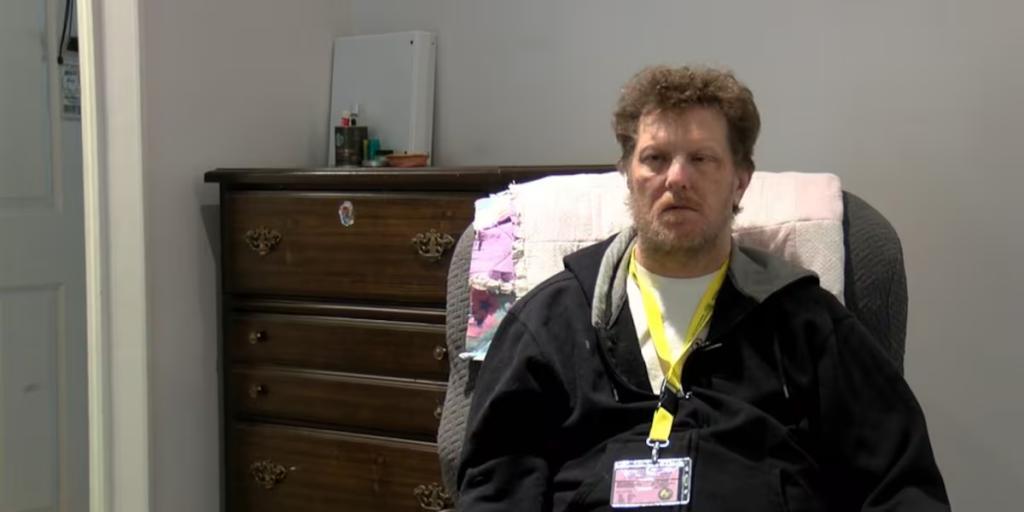
Blind Man Granted Concealed Gun Permit in US, Sparking Debate
In a move that has sparked heated debate and raised questions about the state’s gun laws, a blind man in Indiana was recently granted a concealed carry permit. Terry Sutherland, a 55-year-old man from Evansville, Indiana, was issued the permit by the Vanderburgh County Sheriff’s Office after meeting the necessary requirements.
While Sutherland is a strong supporter of the Second Amendment and believes in the right to bear arms, he also believes that competency tests should be required for individuals seeking concealed carry permits. In an interview with local media, Sutherland stated, “I’m not saying that I’m not capable of handling a gun, but I do think that there should be some kind of test to ensure that people are competent enough to carry a concealed weapon.”
Sutherland’s permit has sparked debate among gun control advocates and law enforcement officials, who argue that the permit process is too lenient and that the state’s laws do not provide adequate safeguards to ensure public safety. Some critics have called for stricter regulations on gun ownership and safety, citing concerns about the potential risks posed by individuals who may not be competent to carry a concealed weapon.
The controversy surrounding Sutherland’s permit has also raised questions about the requirements for obtaining a concealed carry permit in Indiana. According to the Indiana State Police, individuals seeking a concealed carry permit must meet certain requirements, including being at least 18 years old, a resident of the state, and not having any felony convictions. However, there is no requirement for a competency test or any other assessment of an individual’s ability to safely carry a concealed weapon.
Supporters of Sutherland and other individuals with disabilities who seek concealed carry permits argue that the Second Amendment applies equally to all citizens, regardless of their physical abilities. They also point out that many individuals with disabilities are able to safely and responsibly carry concealed weapons, and that requiring competency tests could be seen as discriminatory.
However, critics of Sutherland’s permit argue that the decision sets a dangerous precedent and could lead to a proliferation of concealed carry permits being issued to individuals who may not be competent to carry a weapon. They also point out that the permit process is not designed to assess an individual’s ability to safely and responsibly carry a concealed weapon, and that the decision to grant Sutherland a permit was made without any consideration of his physical limitations.
The controversy surrounding Sutherland’s permit has also raised questions about the role of law enforcement in the permitting process. Some critics have argued that law enforcement officials are not doing enough to ensure that concealed carry permits are issued only to individuals who are competent to carry a weapon. Others have argued that the permitting process is too subjective and that the decision to grant a permit is often based on factors such as politics and personal beliefs rather than a careful assessment of an individual’s ability to safely carry a concealed weapon.
As the debate surrounding Sutherland’s permit continues to unfold, it is clear that the issue of concealed carry permits for individuals with disabilities is complex and multifaceted. While some argue that the Second Amendment applies equally to all citizens, regardless of their physical abilities, others argue that the permitting process should be more stringent and that individuals with disabilities should be held to a higher standard.
Ultimately, the decision to grant a concealed carry permit is a complex one that requires a careful balancing of individual rights and public safety concerns. As the debate surrounding Sutherland’s permit continues to unfold, it is clear that the issue of concealed carry permits for individuals with disabilities will be a topic of ongoing discussion and controversy in the years to come.






